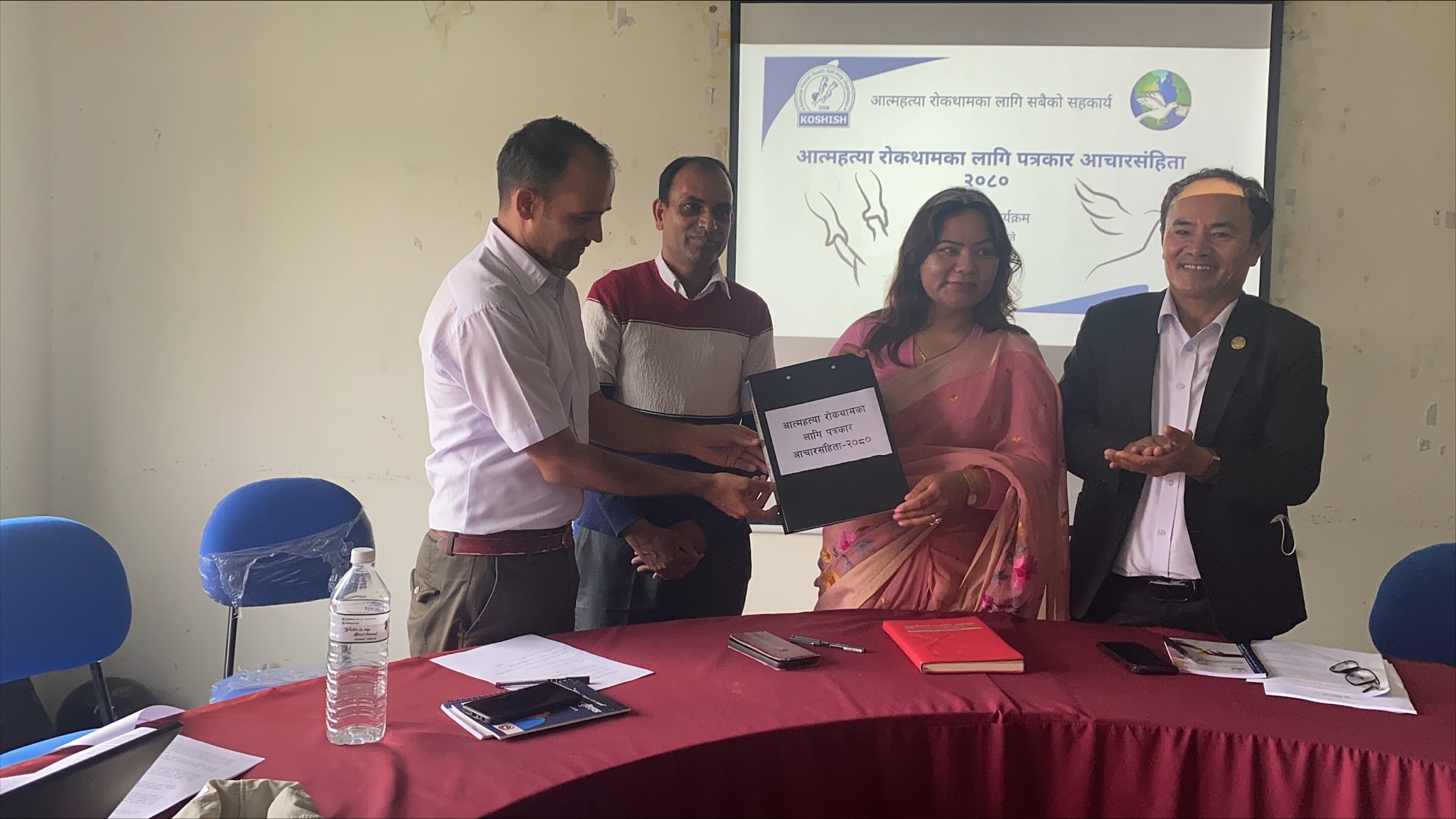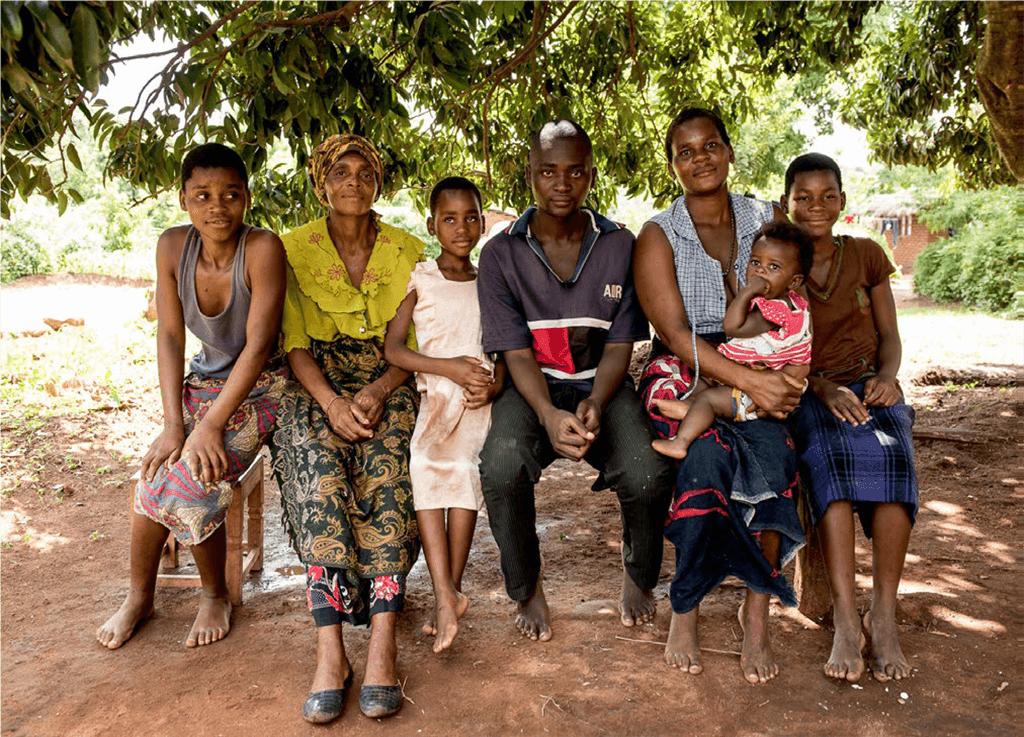Promoting good mental health
Mental health problems are a major cause of disability worldwide. People living with mental health problems and psychosocial disability face stigma, discrimination, and a range of abuses of human rights including exclusion from work, community life, and even the right to make important decisions for themselves. With decades of experience in the field of global mental health, wellbeing and psychosocial disabilities, CBM Global works to promote good mental health, challenge the exclusion of people with psychosocial disabilities, and strengthen mental health systems, so that mental health needs are recognised and addressed as part of a comprehensive approach to wellbeing and inclusion.
Read more about our principles and priorities in our Community Mental Health Strategy
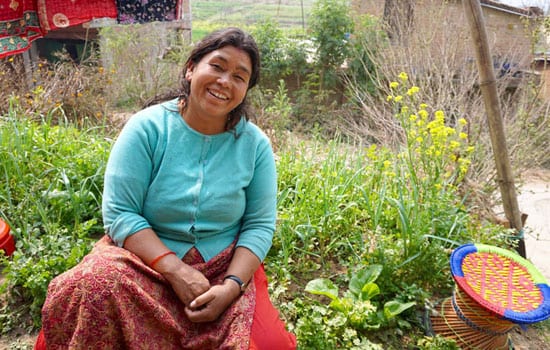
Introducing our Good Practice Guides
CBM Global’s Community Mental Health “Good Practice Guides” share lessons learned from our global work on mental health for over 20 years. These are available in French and Spanish as well.
Mental health and poverty
Many of the poorest countries in the world, such as those found in sub-Saharan Africa, spend less than 1% of their health budget on mental health. Many people in these countries experience poverty and unemployment and have to cope with weak health and education systems. These are all risk factors for mental health problems and are more likely to be experienced by already vulnerable people. At the same time, people with mental health problems and psychosocial disabilities are more likely to be driven into poverty due to difficulties in accessing employment, and costs of trying to access treatment and support. This can lead to a cycle of poverty and disability, which we seek to break through our programmes.
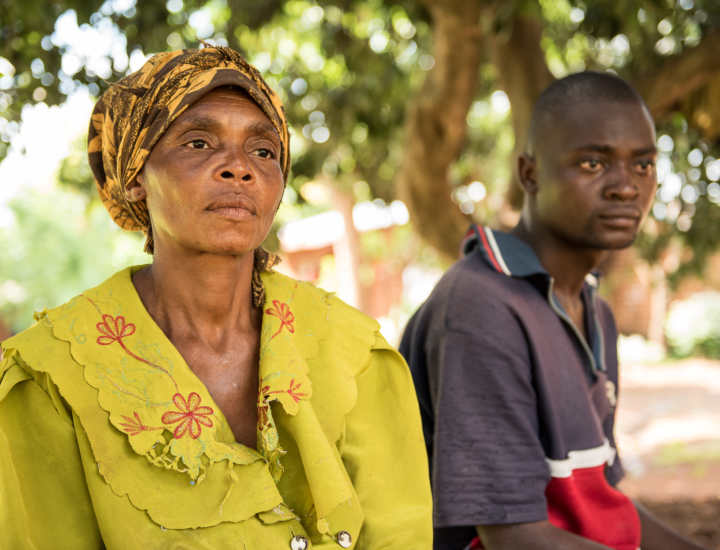
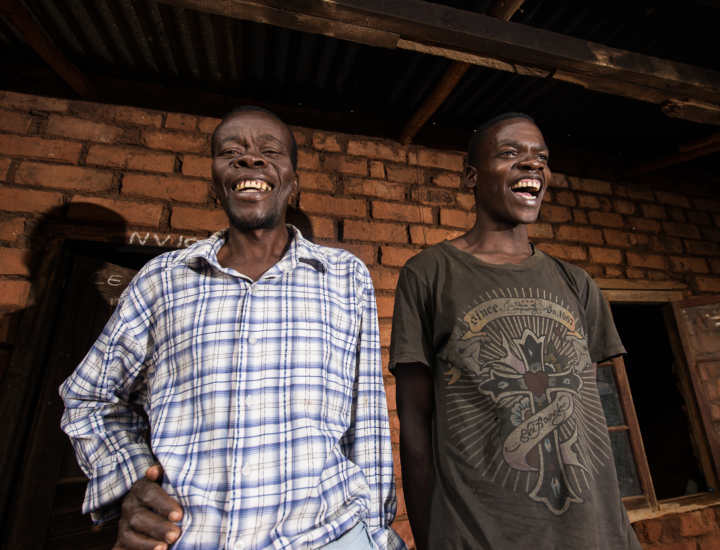
Mental health and development
Mental health problems are common worldwide, accounting for approximately one-third of all disabilities globally, according to the World Health Organization (WHO).
Mental conditions such as depression, schizophrenia and other psychotic conditions, as well as epilepsy, dementia, alcohol and substance misuse often cause distressing symptoms that are not given the priority they deserve in health services. We know that with the right medical, psychological and social support, people can recover to lead the fulfilling lives that they want, and contribute to their communities.
Fortunately, the last decade has experienced a significant growth in interest in mental health as a development issue. This is evident in the Sustainable Development Goals (SDGs) Agenda 2030, which includes many important references to mental health and wellbeing. CBM Global continues to fight for the proper recognition of mental health in our dual mandates of development and emergency response, focusing on rights-based approaches to improved wellbeing.
The need for community-based programs
There is strong evidence of the need for effective, culturally appropriate, and community-based interventions. These enable local people to build their own local support groups, raise awareness and advocate for their rights in line with the UN Convention on the Rights of Persons with Disabilities (CRPD). CBM Global has worked closely with WHO and others in the development of resources, which many partners are already using.
There is still a lot of work to be done, however through this approach more people with mental health issues will be able to receive the support that they need to assist them on their path towards recovery and full participation in their community.
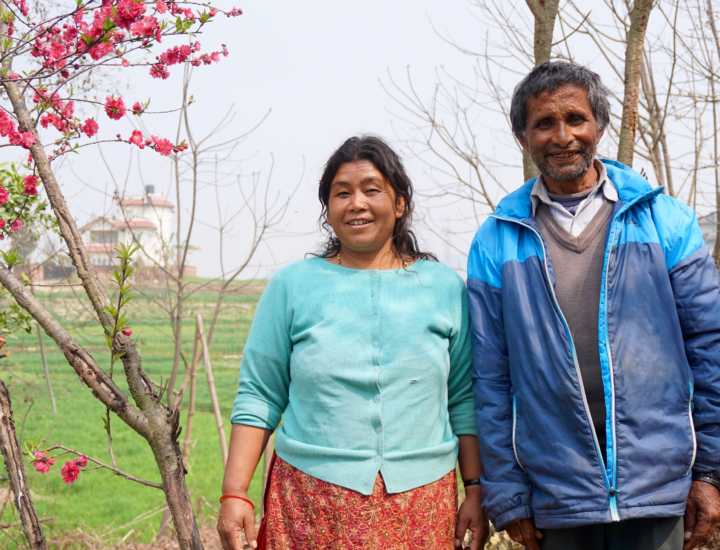
How we help
CBM Global works with people with mental health problems and psychosocial disabilities in the following ways:
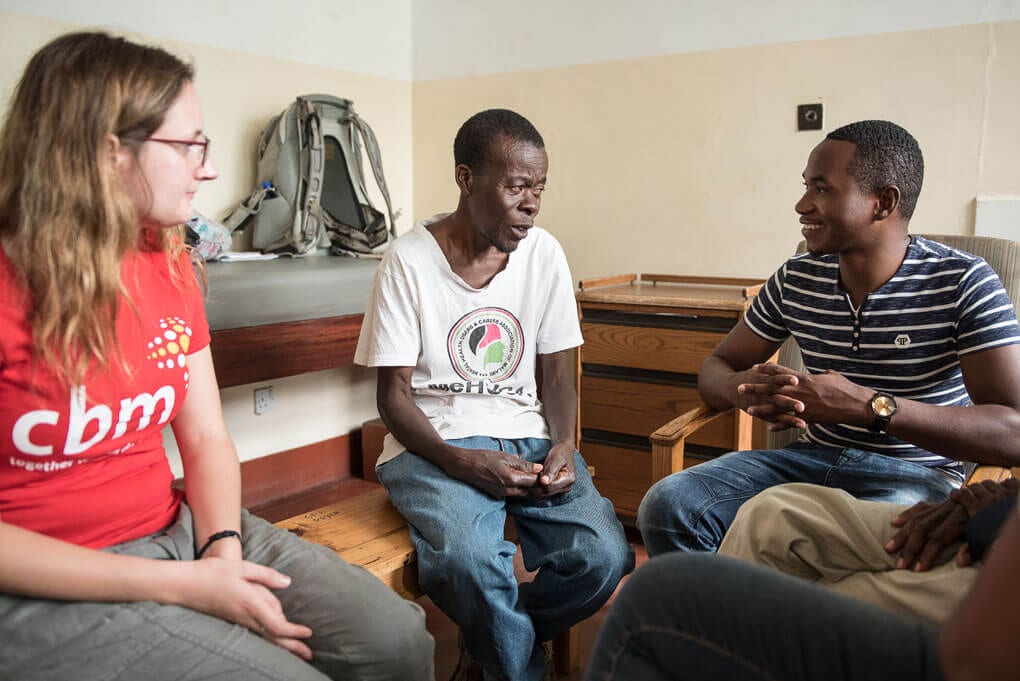
Strengthening local voice
Individuals find out and understand their rights, share and learn insights on mental health issues, and gain skills to advocate for themselves and their community. This brings the voice of local people with disabilities to the fore and centres their issues.
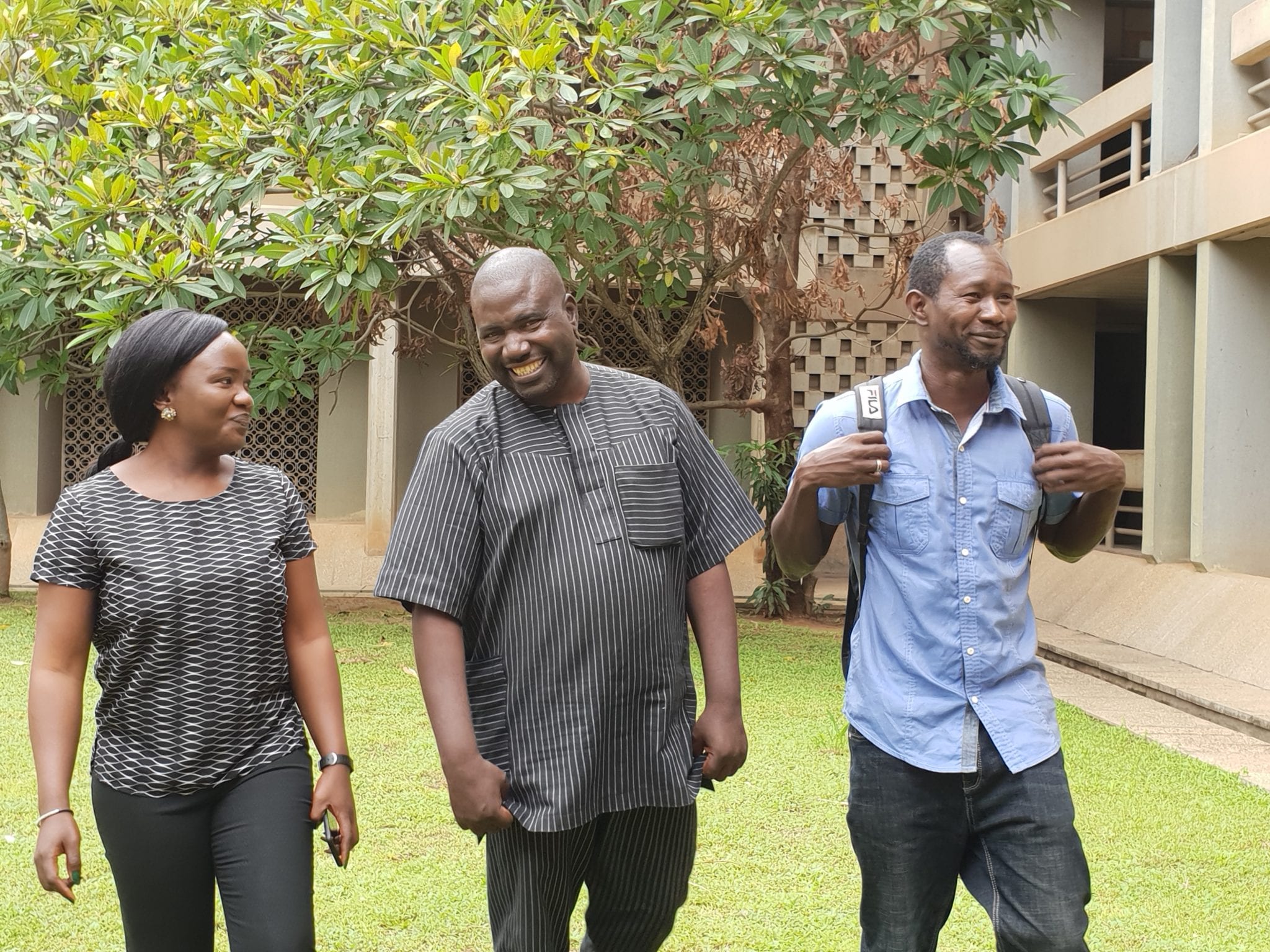
Community development
Our partners and organisations of people with disabilities work with families and communities to raise awareness of and reduce the stigma relating to mental health. This builds understanding and breaks down the barriers being faced, so that people living with mental health problems have opportunities including a social life, earning a decent living and accessing other services.
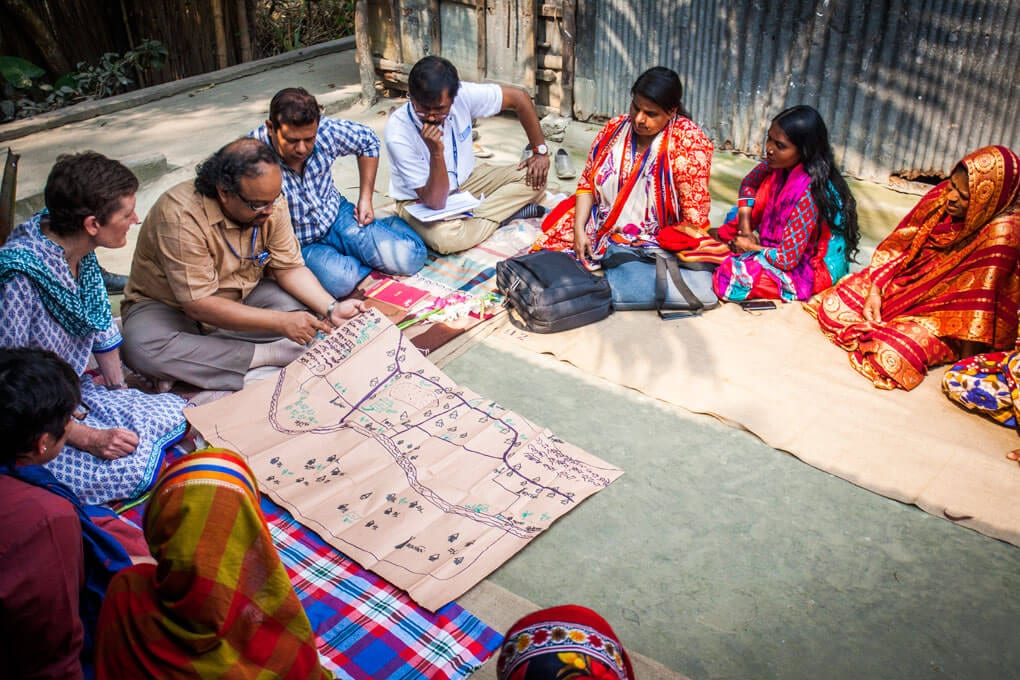
Influencing government
By demonstrating what is possible through our community development work, we influence governments to strengthen policy, improve legislation and invest in inclusive mental health and social care services. We believe that evidence for improved practice is important, and through regular evaluation and learning from our partners, we have produced a series of Good Practice Guides to share with others wanting to make an impact.

